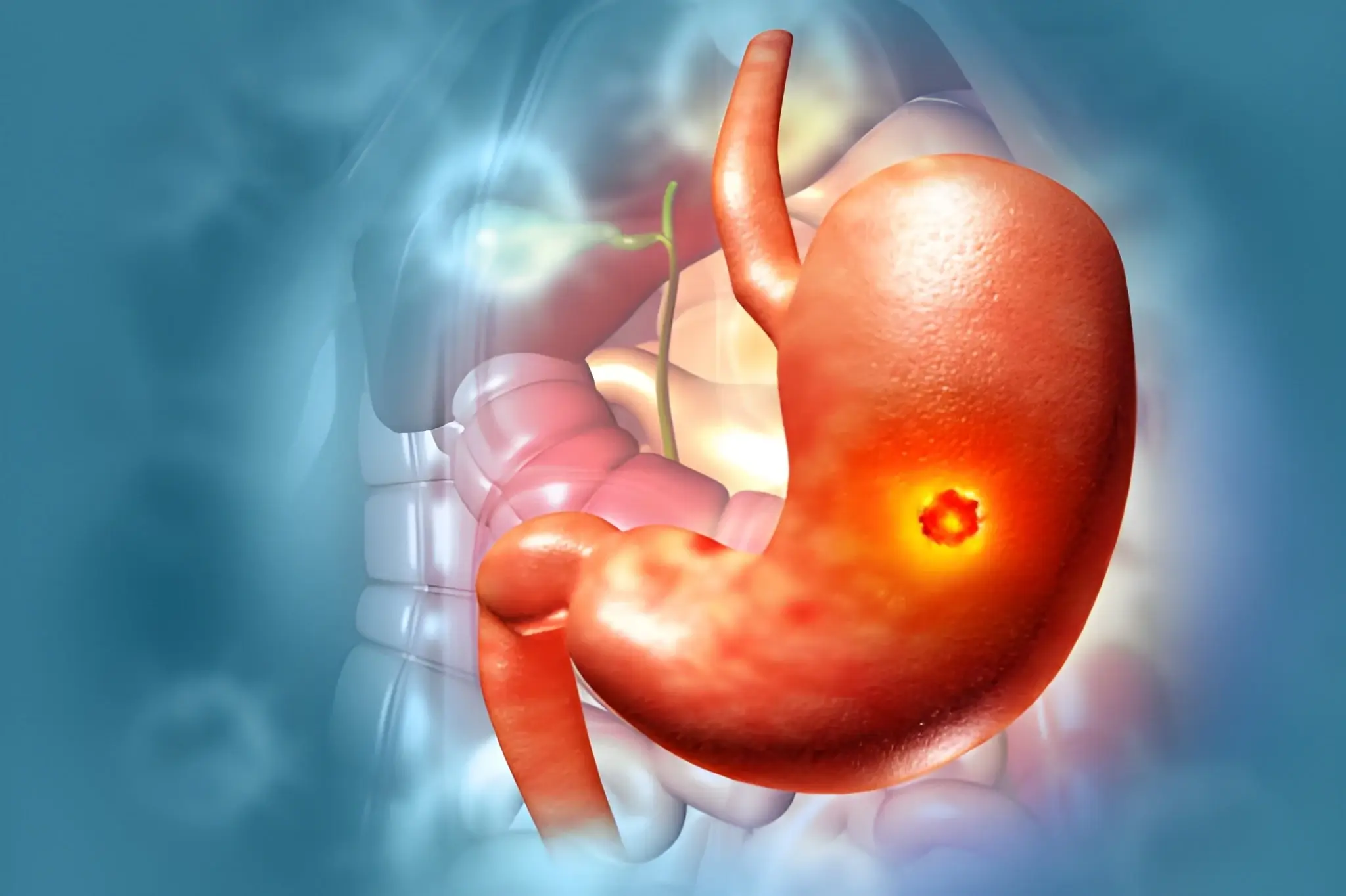Frequently Asked Questions
Heartburn occurs when stomach acid flows back into the esophagus, often triggered by fatty foods, spicy foods, caffeine, alcohol, or overeating.
Symptoms include a burning sensation in the chest or throat, regurgitation of acid, sour taste, and sometimes difficulty swallowing.
Diagnosis is usually based on symptoms, medical history, and in some cases, endoscopy, pH monitoring, or imaging tests.
Treatment may include lifestyle changes, antacids, H2 blockers, proton pump inhibitors, and in severe cases, surgical procedures.
Yes, avoiding trigger foods, eating smaller meals, maintaining a healthy weight, and not lying down immediately after eating can help prevent heartburn.
Frequent heartburn may indicate GERD, which can lead to esophagitis, Barrett’s esophagus, or increased cancer risk if left untreated.
Yes, hormonal changes and pressure from the growing uterus can relax the esophageal sphincter, leading to heartburn.
Natural remedies include eating smaller meals, avoiding trigger foods, elevating the head while sleeping, and chewing gum to increase saliva production.
Certain medications like NSAIDs, antibiotics, and some blood pressure drugs can contribute to heartburn symptoms.
Consult a doctor if heartburn is frequent, severe, or accompanied by difficulty swallowing, vomiting, weight loss, or chest pain.

